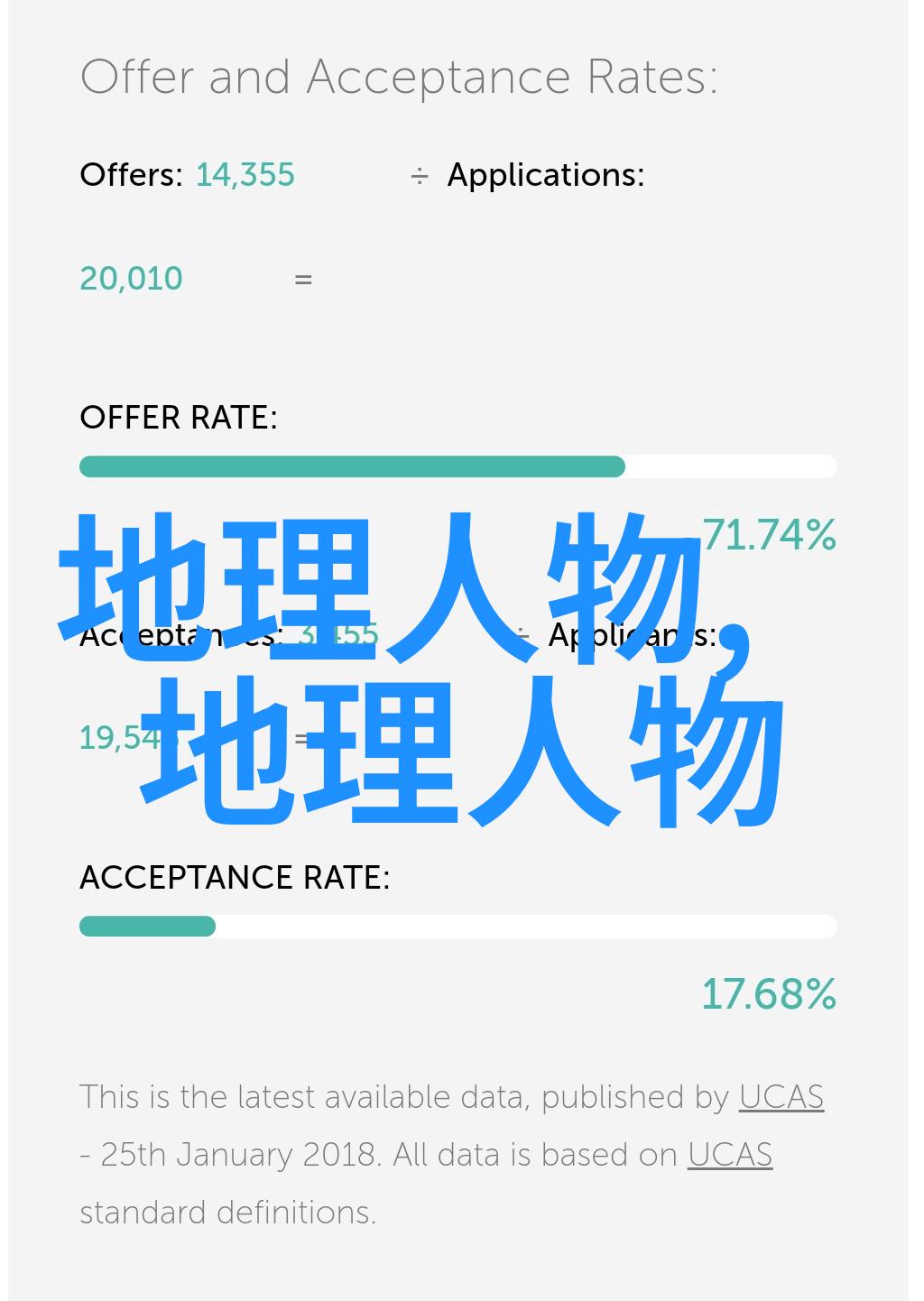什么是生态友好型旅游?

生态友好型旅游是一种注重自然环境保护和文化传承的旅游模式。它要求在促进经济发展的同时,必须遵循可持续发展原则,不破坏自然环境,不消耗资源过快,不损害当地文化和社会结构。在国内,随着对环保意识增强,以及政府对可持续发展战略支持,一些地区开始实施生态友好型旅游规划案例。
国内有哪些成功的生态旅游规划案例?

国内有许多成功的生 ecology tourism planning cases, such as the Jiuzhaigou Valley in Sichuan Province and the Zhangjiajie National Forest Park in Hunan Province. These parks have implemented strict environmental protection measures to ensure their natural resources are preserved for future generations.
如何制定一个有效的生态游休项目?

To create an effective ecotourism project, it is important to conduct thorough research on the local environment and culture before development begins. This includes assessing the impact of tourism on the ecosystem and identifying ways to minimize any negative effects. Additionally, local communities must be involved in the planning process to ensure that their needs are met and their rights are protected.
生态游休项目中如何吸引客人?

There are several strategies that can be used to attract tourists to eco-friendly destinations, such as promoting sustainable transportation options like walking or cycling trails instead of cars or buses, providing educational programs about conservation efforts and cultural heritage sites, offering unique experiences like wildlife watching or farm stays.
生态游休项目面临哪些挑战?

Despite its benefits, ecotourism faces several challenges such as overcrowding at popular sites which can lead to erosion of soil and vegetation damage by visitors' footprints; pollution caused by waste disposal not properly managed; conflicts between tourists who want more infrastructure development with locals who want less disturbance of their traditional way of life.
未来如何推动国内生态游休行业发展?
The future success of ecotourism depends on a combination of factors including government support for environmentally friendly policies; education campaigns raising awareness about responsible travel practices among tourists; collaboration between stakeholders including private sector companies working together with NGOs (non-governmental organizations) and community groups for sustainable resource management practices at all levels from site selection through post-tour evaluation processes ensuring long-term viability while minimizing impacts on ecosystems so they remain healthy thriving habitats where biodiversity thrives into next generation
标签: 地理人物



